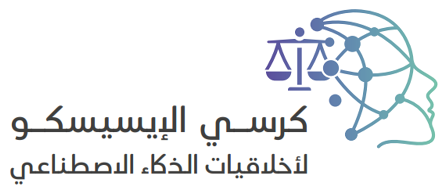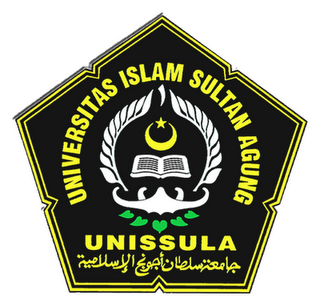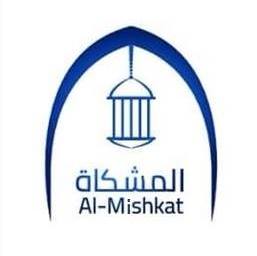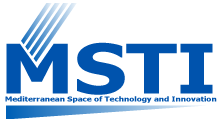12th International Conference on Islamic Applications in Computer Science and Technologies
(IMAN 2024)
7 – 9 December 2024
Online

Keynote Speakers
Keynote Speaker 1
Dr. Musab Alrawi
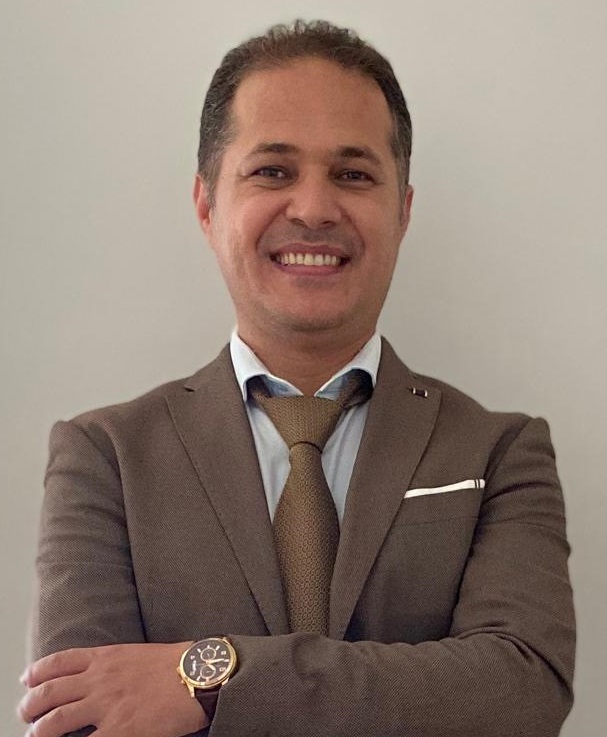
AI in Decision-Making: Ethical Challenges and Considerations
Harnessing AI responsibly is not just about technology; it’s about building a future rooted in trust, equity, and human dignity. Our commitment to ethical AI is unwavering as we set standards that prioritize privacy, inclusivity, and fairness, ensuring that AI innovations serve humanity in its diversity and safeguard freedoms across generations.
Biography:
Dr. Musab Alrawi is a distinguished academic and researcher
specializing in computer engineering and information technology. He
earned his Bachelor's degree from Mosul University in 2004, followed
by a Master of Science in Information Technology from University Utara
Malaysia in 2009. His deep-seated passion for research culminated in a
Ph.D. in Image Processing from Universiti Teknologi MARA in 2015.
Currently, Dr. Alrawi holds the position of Director of the ICESCO
Research Chair for Artificial Intelligence (AI) Ethics at the
University of Technology and Applied Science, Sultanate of Oman
(January 2024 - Present). Previously, he served as a Senior Lecturer
in the IT Department at the same institution (March 2022 - January
2024). His prior academic appointments include Associate Professor in
Computer Engineering at Halic University in Istanbul, Turkey (November
2020 - March 2022), and Assistant Professor in Computer Science &
Engineering at Management and Science University in Shah Alam,
Malaysia (May 2013 – May 2020). Additionally, Dr. Alrawi has been
contributing as a Visiting Professor in the Computer and Cybersecurity
Department at the International Information Technology University in
Almaty, Kazakhstan (September 2022 - Present).
Dr. Alrawi's research interests encompass Robotics Technology
Development and Design, Iris Recognition Systems, Computer Hardware,
Artificial Intelligence, Image Processing, Embedded Systems, Wireless
Sensors, and Biomedical Applications. His commitment to advancing
knowledge in these domains underscores his invaluable contributions to
the academic and research communities.
Keynote Speaker 2
Prof. Dhiya Al-Jumeily OBE
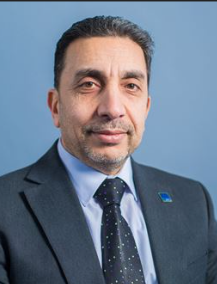
The advantages and drawbacks of artificial intelligence in our lives
today
Industry 4.0 has transformed our lives through advancements in
technology, ranging from simple to complex tasks. A key element of
Industry 4.0 is artificial intelligence (AI), which allows machines to
perform intelligent tasks without human intervention. Though AI gained
popularity in the 1990s, its roots date back to the 8th century, where
Muhammad ibn Mousa Al-Khawarizmi developed algorithms that laid the
foundation for modern mathematics and computer science.
AI is now widely used in sectors such as healthcare, transport, and
personalized applications like music recommendations and smartphone
security. Its accuracy and efficiency have been enhanced by the
data-driven world we live in, characterized by technologies like the
Cloud, the Internet of Things, and Blockchain. These advancements
necessitate autonomous decision-making with minimal errors and have
made AI indispensable in many fields.
However, AI's implementation comes with challenges. High costs,
maintenance, and the need for skilled personnel pose barriers.
Additionally, improper AI use can lead to inefficiencies, and there
are concerns about ethics, security, and job displacement. To mitigate
risks, global regulation and collaboration are needed to ensure AI's
benefits while addressing its potential drawbacks.
Biography:
Professor Dhiya Al-Jumeily OBE (DA) is an expert in artificial
intelligence (AI) with over 30 years of experience, currently working
at Liverpool John Moores University. His research focuses on using AI
to address global challenges related to healthcare, the environment,
safety, security, and education, in line with the United Nations
Sustainable Development Goals (UNSDGs). DA has published over 500
works, including peer-reviewed articles, books, and technical reports,
significantly contributing to scientific knowledge and fostering
collaboration between scientists, practitioners, and regulatory
bodies.
He founded and presides over the eSystem Engineering Society (eSES), a
non-profit organization dedicated to advancing technology for human
benefit. Since 2007, eSES has hosted the IEEE International Conference
on Developments in eSystems Engineering (DeSE), attracting attendees
from over 25 countries. DA has mentored 25+ PhD students and 20+
academics, many of whom have pursued successful careers in academia,
industry, and regulatory bodies. His research includes practical AI
applications, such as environmental sensors monitoring air and water
quality, and intelligent healthcare systems used in Europe and the
Middle East for diagnosis and patient management.
His work has attracted over £7.5 million in funding and earned
recognition in the UK and internationally. In 2020, DA was appointed
as an Officer of the British Empire (OBE) by Queen Elizabeth II for
his contributions to scientific research. In 2022, he was recognized
as one of the top 30 most influential Arabs in technology and AI, and
in 2023, he was acknowledged as one of the 200 influential individuals
at Liverpool John Moores University.
DA continues to build on his achievements, focusing on the ethical and
equitable application of AI to ensure it benefits everyone globally.
He views success as an ongoing journey, with his future work dedicated
to advancing AI and improving the world.
.
Keynote Speaker 3
Dr. Musaab Zarog
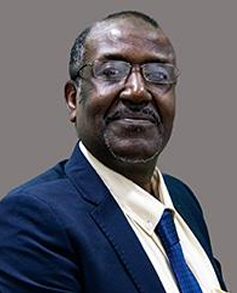
Weighing harms and benefits in Sharia: An arithmetic approach
Religious scholars and jurists consider the benefits and evils when announcing judgments or when they are applying jurisprudential rules in dealing with benefits and evils. In Islamic law “Sharia” and almost in every case where there is no clear rule or statement that identify whether the act is harm or benefit, or if it is legal or not, decisions are normally based on evaluating the benefits and evils within the case. There are some general rules for what can be considered as benefit or evil. Sometimes it very tedious to arrive to a decision if the actions contain many benefits and many evils. The article aims to call for considering the arithmetic criteria in evaluating the benefits and harms, accompanied by the controls for considering the benefits that were approved by the jurists and Islamic law “Shraia”. Up to my knowledge, there is no similar work which has been carried out in this area within of decision making in accordance with Islamic law.
Biography:
Dr. Musaab Zarog is Assistant professor at the department of
Mechanical and Industrial Engineering at Sultan Qaboos University
since 2015. Dr. Musaab has 18 years of experience of working at
universities in Sudan as well as in Oman. He obtained his PhD. From
Newcastle University in UK 2006. His research interests include ;
Microelectromechanical Systems (MEMS), vibrations-based energy
harvesting, and Mechatronics. Dr. Musaab also developed interest in
two other areas namely: Engineering Research Impact, and Applications
of Decision Making. Dr. Musaab is a member of International Institute
of Acoustics and Vibration and he is a senior member of IEEE (SMIEEE)
since Feb.2014.
Dr. Musaab is a persistent, passionate, and ambitious professional
educator and researcher who has contributed to engineering profession
and education since 2006. He also contributed to Engineering
management as Director of External Relations at Sudan University of
Science and Technology for three years (2012-2015).
Keynote Speaker 4
Prof. Dr. Mohammed Alwaely
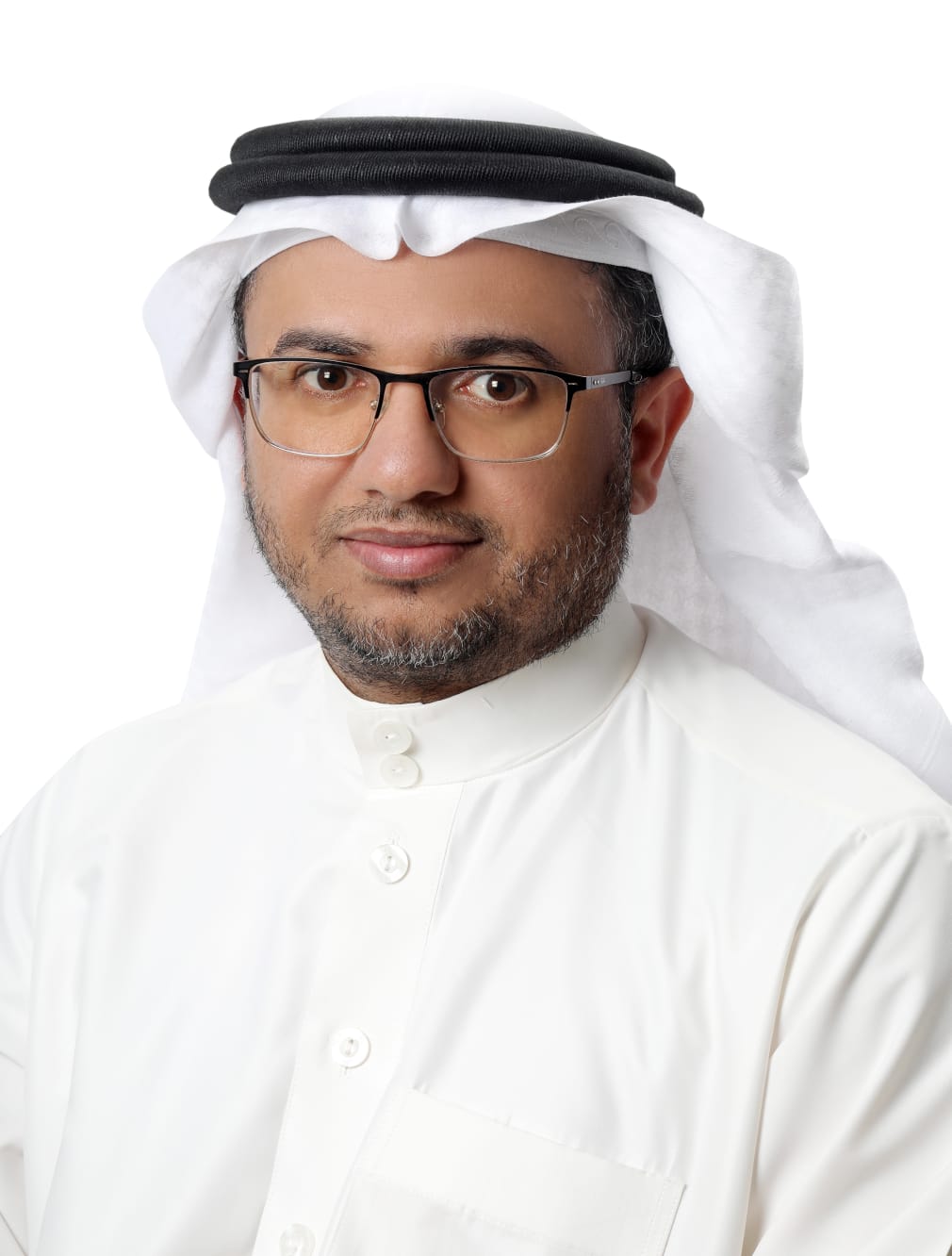
Reviewing the Qur’anic manuscripts
The purpose of the topic is to preserve the Qur’anic manuscripts from
errors that occur in many editions of the Qur’anic manuscripts that
have not received their due review and scrutiny. This field is related
to a group of issues that the reviewer of the Qur’anic manuscripts
must be familiar with, in order to have a clear ability and vision
before reviewing the manuscripts. They can be discussed through the
following points:
One: Knowing the most important rules of writing the Qur’an and its
sources.
Two: Knowing the most important issues of setting the Qur’an.
Three: What is the best way to review the Qur’anic manuscripts?
Four: Examples of errors in the editions of the Qur’anic manuscripts.
Five: A training workshop to review examples of the Qur’anic
manuscripts
Biography:
Prof.
Dr. Alwaely is a reviewer and proofreader of the Qur'an at the
Ministry of Justice and Islamic Affairs in the Kingdom of Bahrain, and
a Professor at the Institute of Readings, Supreme Council
for Islamic Affairs, Kingdom of Bahrain. He obtained a master’s degree
from the Department of Readings, Faculty of Iman, University of Iman,
Sana’a, in 2008. He received his PhD from the
Department of Islamic Sharia, Faculty of Dar Al Uloom, Cairo
University, in 2017. He was apointed as a member of the Bahrain Qur'an
Review Committee – Supreme Council for Islamic Affairs. He has many
peer reviewed research papers.
Keynote Speaker 5
Eng. Belal Al-Hafnawi
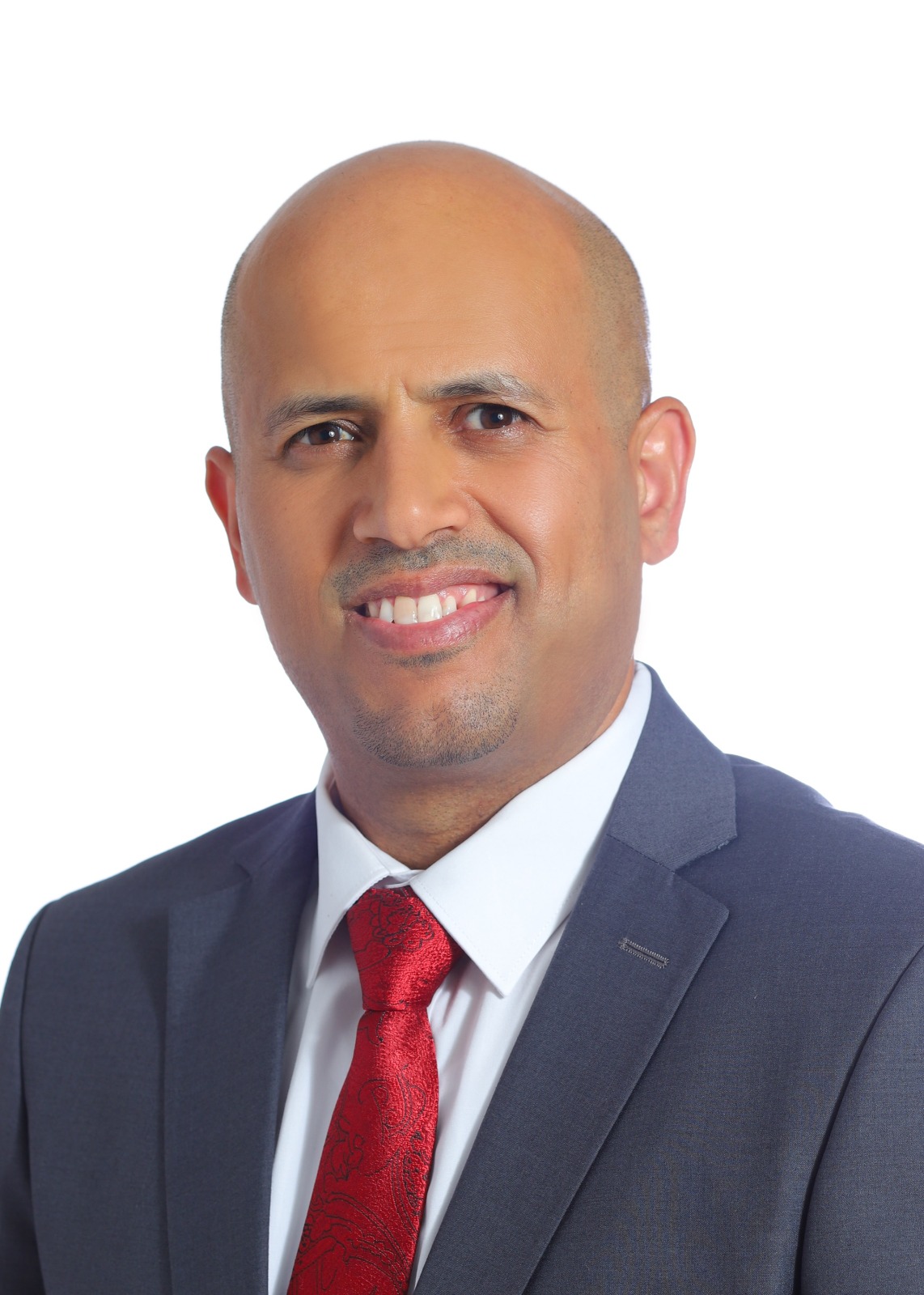
Introducing a New Era of Islamic Education
This talk delves into the transformative role of technology in Islamic
education, highlighting how advancements such as artificial
intelligence (AI) are reshaping educational practices. By leveraging
AI, educators can offer personalized learning experiences, enhance
accessibility, and support diverse learning styles—paving the way for
a new era of engaging and effective Islamic education accessible to
all.
Key takeaways include:
- Personalized Learning: Uncover how AI tailors content to individual
needs, fostering greater comprehension and student engagement.
- Enhanced Accessibility: Learn how technology removes barriers,
making Islamic education available to anyone, anywhere, at any time.
- Support for Diverse Learning Styles: Discover how adaptive
technologies cater to varied learning preferences, ensuring
inclusivity and enrichment for all learners.
Biography:
Eng. Belal Al-Hafnawi is currently a Commissioner and Full-Time Board
Member at the Telecommunications Regulatory Commission (TRC-Jordan),
where he oversees the regulation and supervision of the
telecommunications, information technology, and postal services in
Jordan.
With over 22 years of experience in the ICT sector, he has a proven
track record of managing complex projects, leading performance
enhancements, and solving network problems for leading telecom
operators (STC, Mobily, Zain) and worldwide vendors (Motorola, Huawei,
Nokia, Samsung)
As a RegTech and Digital Transformation leader, he is passionate about
fostering the growth and innovation of the ICT ecosystem and enhancing
the social and economic development of the country.
He holds an executive certification in Management and Leadership of
Technology from MIT Sloan School of Management, where he focused on
Artificial Intelligence, Internet of Things, and Digital
Transformation.
He has also published a book chapter and multiple publications on
digital transformation and regulatory issues. He is a frequent speaker
and contributor at international conferences and events, where he
shares his insights and expertise on leveraging technology to empower
the ICT sector with effective and innovative solutions.
Keynote Speaker 6
Professor Emeritus Dato’ Dr. Tengku Mohd Tengku Sembok
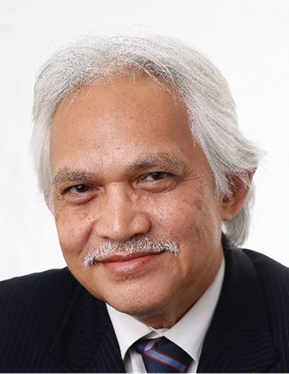
Information Retrieval, Natural Language Processing and AI: A Journey
of Imitation Game
Librarians once meticulously catalogued manuscripts and documents by
hand, building comprehensive reference indexes to preserve knowledge.
With the rise of information retrieval systems, keyword-based inverted
indexing transformed access to digital collections, enabling rapid
searches within vast corpora. However, as keyword-based retrieval
showed its limitations, Natural Language Processing (NLP) emerged,
striving to mirror human language processing for more meaningful
storage, retrieval, and generation of responses. NLP developed through
morphological, syntactical, and semantic frameworks, forming the
backbone of language-based AI capabilities. In the context of
religious texts, experiments in information retrieval for the
Al-Qur’an have tested and measured retrieval effectiveness, exploring
how computational approaches can be applied to the sacred texts.
Today, Large Language Models (LLMs) have taken these capabilities even
further, leveraging statistical methods of word proximity and
frequency across extensive corpora, structured within artificial
neural networks inspired by models of human cognition. As the
imitation game evolves, we now speculate on AI’s trajectory toward
Artificial General Intelligence, Superintelligence, or even a Cosmic
or God-like AI. But does humanity truly believe in the realization of
this vision?
Biography:
Tengku Mohd Tengku Sembok brings over fifty years of experience across
diverse fields in ICT. Currently, he is a Professor of Computer
Science at the Kulliyyah of ICT, International Islamic University
Malaysia. He earned his BSc (Hons) in Computer Science from Brighton
Polytechnic in 1977, an MS from the University of Iowa in 1981, and a
PhD from the University of Glasgow in 1989. His career includes roles
in prominent organisations such as IBM, the Rubber Research Institute
Malaysia, Daresbury Nuclear Physics Laboratory (UK), the Prime
Minister’s Department of Malaysia, Universiti Kebangsaan Malaysia
(UKM), National Defence University Malaysia (NDUM), and Permodalan
Nasional Berhad. He served as Deputy Vice Chancellor of Academic and
Internationalisation at NDUM for nine years, concluding in 2021. His
administrative roles have included Head of the Department of Computer
Science (UKM), Founder and Dean of the Faculty of Information Science
and Technology (UKM), Dean of the Kulliyyah of ICT (IIUM), and Founder
and Director of the Cybersecurity Centre (UPNM). He is a Fellow of
British Computer Society, Academy of Sciences Malaysia, Academy of
Professors Malaysia, and Society of Information Retrieval and
Knowledge Management. He was a Commonwealth Research Fellow at
University of Sheffield. His research interests focus on Information
Retrieval, Natural Language Processing, Artificial Intelligence, and
Courseware Development.

